Autonomous District Council and Tribal Welfare
Life of tribal’s is not easy. The term Scheduled Tribes refers to specific indigenous peoples whose status is acknowledged to some formal degree by national legislation. A collective term in use locally to describe most of these peoples is Upajati. Since time immemorial forest has been the habitat of the tribal people in all the countries with tribal population. In India almost all the tribal groups are found in their forest inhabit, although some of the tribal population may also be found in non-tribal villages, towns and cities. Most of the tribal communities inhabit the placid forest as a perennial source of natural resources. Tribal people are also called as indigenous people. Tribal areas are the remotest as well as the most secluded and generally inaccessible hilly tracts. The life in these areas is full of adventure and susceptible to natural calamities. Tribal Areas had drawn special attention of the administration since pre independent era.
The present book highlights, considers and discusses various contemporary issues of tribal’s. It is hoped that the present edition of this book will be beneficial to all concerned of the society, in general and students, lawyers, advocates, academicians, human rights institutions, researchers and NGOs working in tribal welfare field, in particular Contents are: Sixth Schedule of Constitution, Situation of Tribal’s in India, Tribal’s in North-East India, Tribal Youth in Tripura, Tribal life in India, Corporate Sectors for Tribal People, Social Security of Tribal’s in India, Tribal Culture and Elementary Schooling, Tribal’s in Andaman and Nicobar Islands, Status of Autonomous District Council’s in India, Dima Hasao Autonomous District Council, Karbi Anglong Autonomous District Council, Bodol and Territorial Council, Economic transition in Nagaland, Autonomous district council in Mizoram, Gorkhal and Territorial Administration and Tripura Tribal Areas Autonomous District Council.
Get it now and save 10%
BECOME A MEMBER

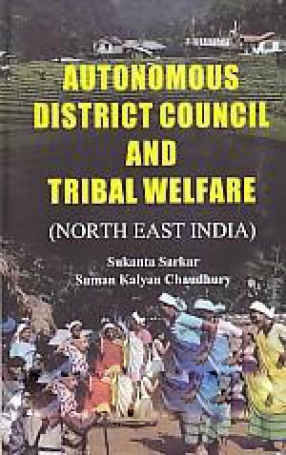
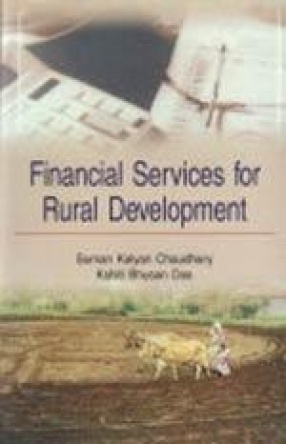
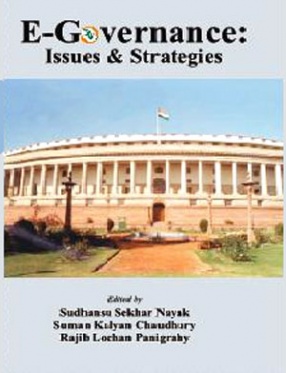
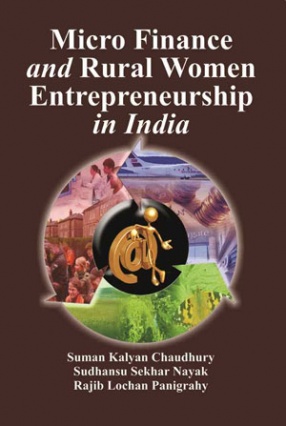
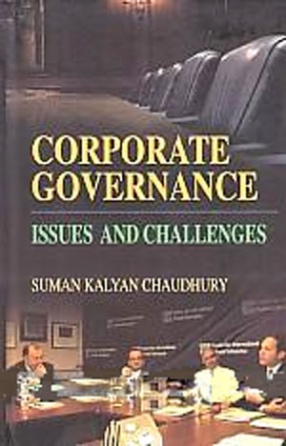

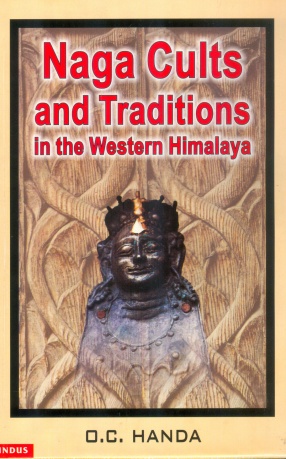
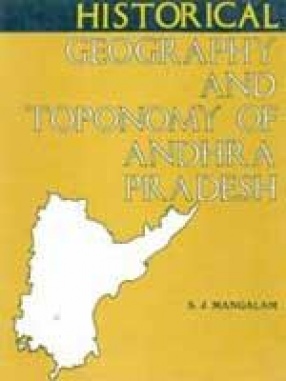
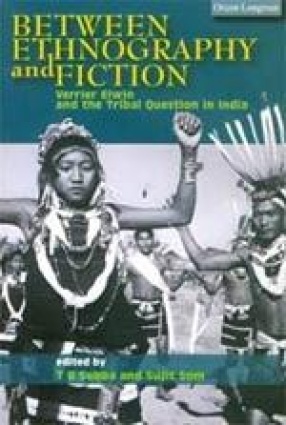

Bibliographic information
Suman Kalyan Chaudhury